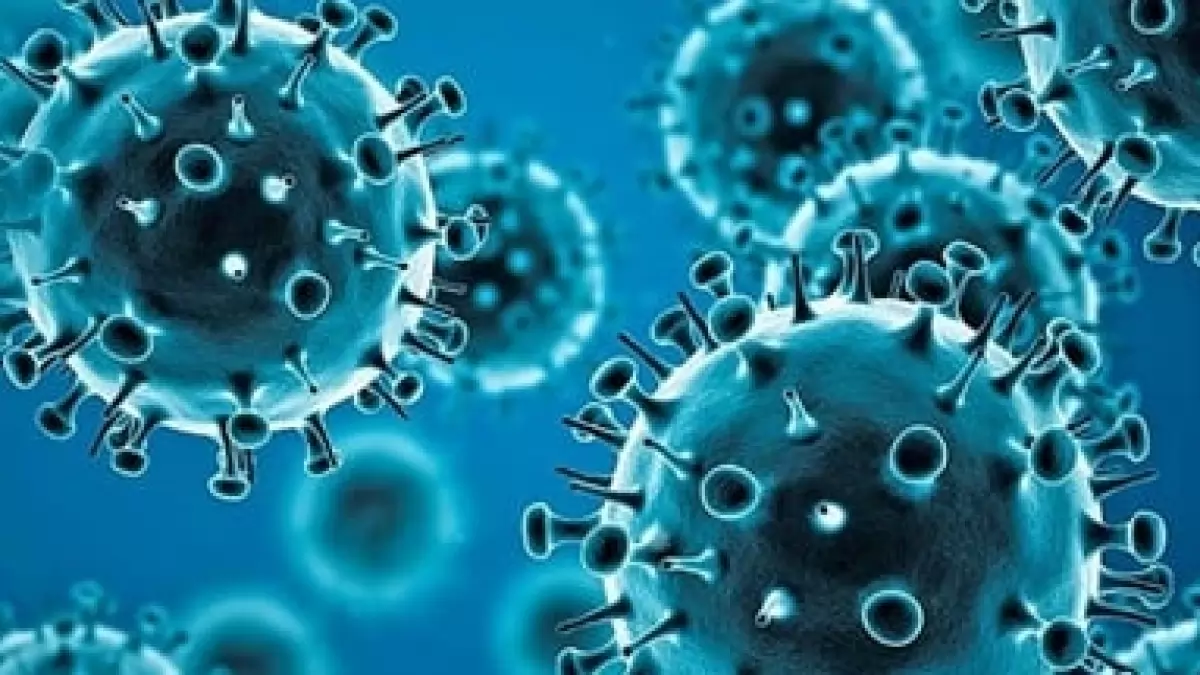
The World Health Organisation (WHO) reported on Friday that nearly a decade of improvements in global life expectancy were reversed due to the COVID-19 pandemic. The report pegged the current average life expectancy at 71.4 years, the lowest since 2012. Between 2019 and 2021, global life expectancy dropped by 1.8 years, while healthy life expectancy fell by 1.5 years to 61.9 years. The Americas and Southeast Asia were the hardest hit, with life expectancy in these regions falling by about three years.
“In just two years, the COVID-19 pandemic erased a decade of gains in life expectancy,” said WHO Director-General Tedros Adhanom Ghebreyesus. He emphasised the need for a new Pandemic Agreement to bolster global health security and safeguard long-term health investments and equity.
COVID-19 emerged as one of the leading causes of death, ranking third globally in 2020 and second in 2021, with nearly 13 million lives lost. The WHO report also highlighted that non-communicable diseases (NCDs) like ischemic heart disease, stroke, cancer, chronic obstructive pulmonary disease, Alzheimer’s, and diabetes were the leading causes of death before the pandemic, accounting for 74% of all deaths in 2019. During the pandemic, NCDs continued to be responsible for 78% of non-COVID deaths.
The report noted troubling trends in malnutrition and obesity. In 2022, over 1 billion people aged 5 and above were obese, while more than half a billion were underweight. Among children under 5, 148 million faced stunting, 45 million experienced wasting, and 37 million were overweight.
The WHO report highlighted significant health inequities faced by refugees, migrants, and the 1.3 billion people living with disabilities. It called for health systems to adapt to better serve these populations. Access to healthcare for refugees and migrants remained limited, with only half of the 84 countries surveyed between 2018 and 2021 providing government-funded health services to these groups at levels comparable to their citizens.
Despite the setbacks caused by the pandemic, some progress was made towards WHO’s Triple Billion targets and health-related Sustainable Development Goals (SDGs). Since 2018, 1.5 billion more people achieved better health and well-being, and universal health coverage expanded to 585 million more individuals. However, only 777 million more people are likely to have adequate protection during health emergencies by 2025.
“Without accelerating progress, it is unlikely that any of the health SDGs will be met by 2030,” said Samira Asma, WHO Assistant Director-General for Data, Analytics, and Delivery for Impact.





Copyright © 2026 Top Indian News
